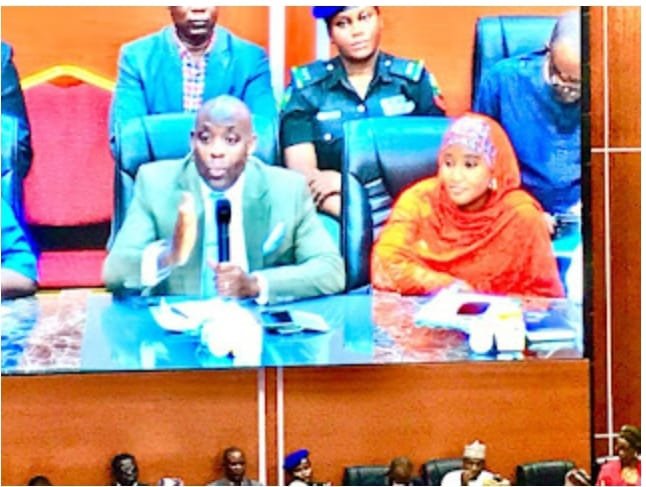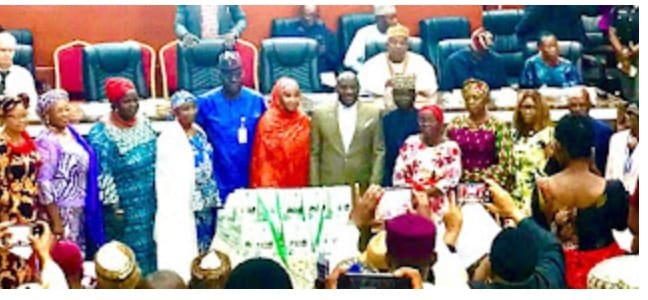
By Ameh Gabriel
In a decisive move to curb the rising tide of bullying in Nigerian schools, the Federal Government on Monday launched the National Policy on Anti-Bullying in Nigerian Schools along with its implementation guidelines.
Speaking at the official launch during the Citizens and Stakeholders’ Engagement on the Nigerian Education Sector in Abuja, Minister of Education Dr. Maruf Tunji Alausa emphasized that the initiative aims to make schools across the country safer and ensure all students are treated with respect and dignity.
To drive the policy’s execution, the Minister of State for Education, Prof. Suwaiba Ahmad, inaugurated the National Anti-Bullying Committee. She underscored the urgent need to protect students’ mental health, safety, and dignity across learning environments.
“Bullying undermines not only the well-being of students but also their ability to learn and thrive,” Ahmad said. “The National Policy on Anti-Bullying sets a clear framework for preventing and responding to all forms of bullying physical, verbal, psychological, and cyberbullying. It defines the responsibilities of school administrators, teachers, students, parents, and the broader community. More importantly, it promotes a culture of respect, empathy, and accountability.”

Ahmad hailed the new policy as more than just a document, describing it as a “nationwide movement” to build safer, more inclusive, and nurturing school environments. She commended the technical teams, partners, and stakeholders who contributed to the policy’s development.
Earlier, Minister Alausa highlighted the achievements of the Nigeria Education Sector Renewal Initiative (NESRI), which targets six key intervention areas, including
Enrolling 650,000 students under Technical and Vocational Education and Training (TVET) programs,
Upgrading 38 federal and state technical colleges,
Training 3,600 teachers nationwide,
Integrating 25,000 out-of-school children into formal education in the FCT,
Training 400 Tsangaya teachers,
Launching the Nigeria Education Digitalization Initiative (NEDI) to centralize education data,
Rolling out LUMINAH, a program targeting one million girls to complete their education by 2030, with 184,153 girls already receiving digital literacy training,
And committing N40 billion to complete the National Library to support academic and research needs.
“The Nigeria Education Sector Renewal Initiative represents a bold, strategic effort to transform our education system through inclusive policy reforms, quality improvement, accountability, and stronger collaboration with all stakeholders,” Alausa said.
In his goodwill message, ASUU President Prof. Emmanuel Osodeke praised the policy steps but raised concerns about Nigeria’s implementation challenges, questioning how the education budget is spent and why skilled lecturers and doctors continue to migrate abroad. He also urged the ministry to prioritize high-tech training under its technical education agenda, rather than focusing solely on trades like hairdressing or tailoring.
The Chairman of the Senate Committee on Tertiary Institutions and TETFund, Senator Muntari Dandutse, described NESRI as a much-needed “call to action” for Nigeria’s education sector.







